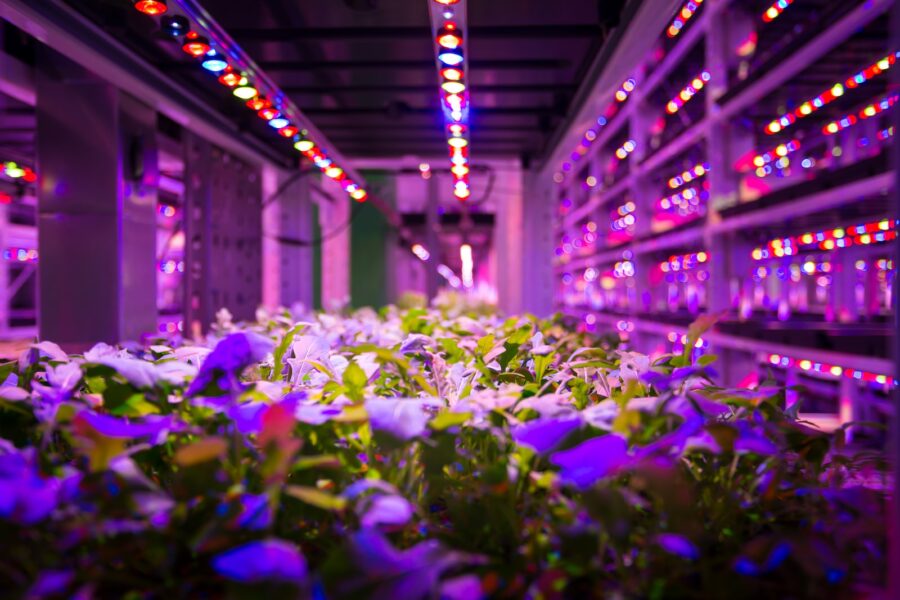“Climavorism” – in which consumers make food choices based on climate impacts – is a concept that’s gaining traction.
Climavores are as prevalent as ever, judging by a recent survey by consulting firm Kearney Inc. Despite food price inflation, the survey of 1,000 U.S. consumers showed that 42% of respondents reported always or nearly always considering environmental impacts when making a purchasing decision – an historic high, and an 18% increase over last year.
In 2023, consumers are displaying “a heightened sense of urgency in addressing climate change,” noted Ted Chan, founder of coffeeroast.com, a review site for specialty coffee.
Data suggests that the climavore lifestyle is just getting started. On that note, Chan added:
“Consumers are becoming more informed about their food choices’ consequences and prioritizing long-term sustainability over short-term cost savings.”
KEY FACTORS AT PLAY
Climavores can be vegans, vegetarians, or omnivores. A prime example of climavorism: consumers are now opting to purchase chicken instead of beef, since poultry has a lower carbon imprint than cattle.
“This shift in consumer preferences has led to a rise in demand for certifications like Fair Trade, Rainforest Alliance, and Organic” for food and beverages, Chan noted.
Consumer adoption of climavorism gained significant momentum in the past year. Over the last 12 months, U.S. consumers have seen food prices rise 10%, with items such as eggs surging as much as 32%. Yet, Kearney’s recent survey shows that price is actually decreasing as a barrier to purchasing products claiming environmental benefits, despite inflation across food categories.
“The fact that climavorism has grown even despite food price inflation is likely due to the increasing awareness of the environmental impact of food production and consumption,” said Chris Watson, CEO of eatforlonger.com, a health and nutrition website.
FUTURE OF THE PHILOSOPHY
Kearney’s survey data suggests the growth of climavorism is destined to continue.
What’s driving adoption of the lifestyle? Most of the survey respondents lay the onus to change squarely at the foot of processes and manufacturers, Kearney reported, which it feels highlights “a massive opportunity for companies to differentiate themselves and build in a rapidly evolving market.”
The consulting firm predicts that climavorism will continue to accelerate as more and more consumers turn to the food industry to help solve environmental issues. And companies like food manufacturers can take rather simple steps to appease this growing group.
“Clear and straightforward ways to demonstrate key product and sourcing values work the best,” Chan said. “These labels communicate a brand’s commitment to sustainability, allowing consumers to make quick, informed decisions.”
The Food Institute Podcast
The reasons people eat a specific product can vary even in a single day. That begs the question – what are consumers looking for in their food products throughout a day, a week, and a year? Kerry’s Soumya Nair and Shannon Coco joined The Food Institute Podcast to share Kerry’s research on the fluid dynamics of consumer eating.





